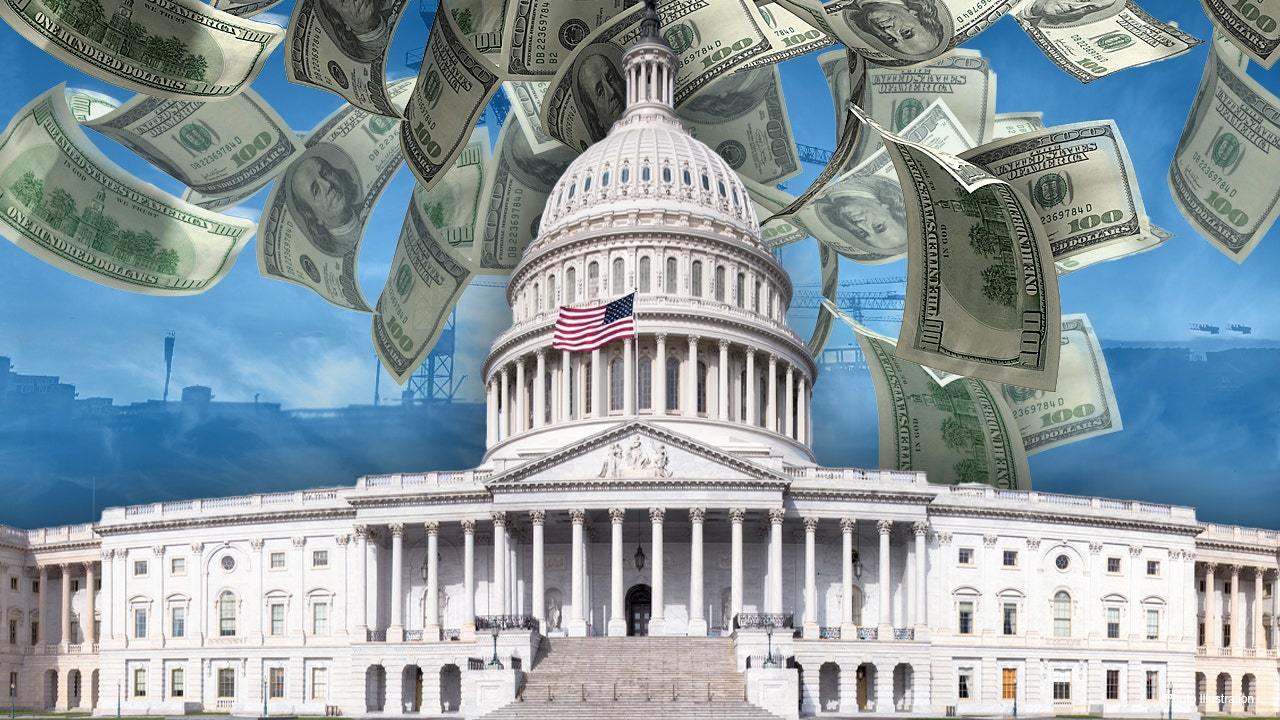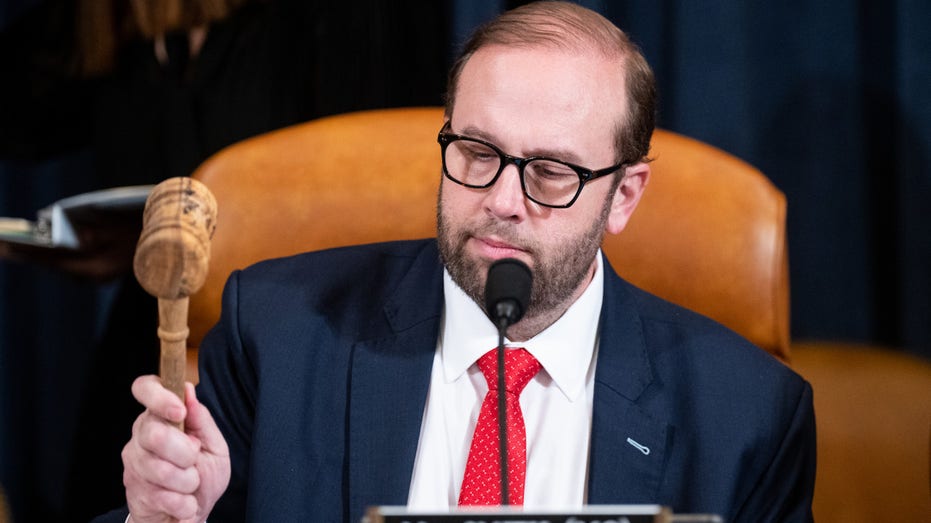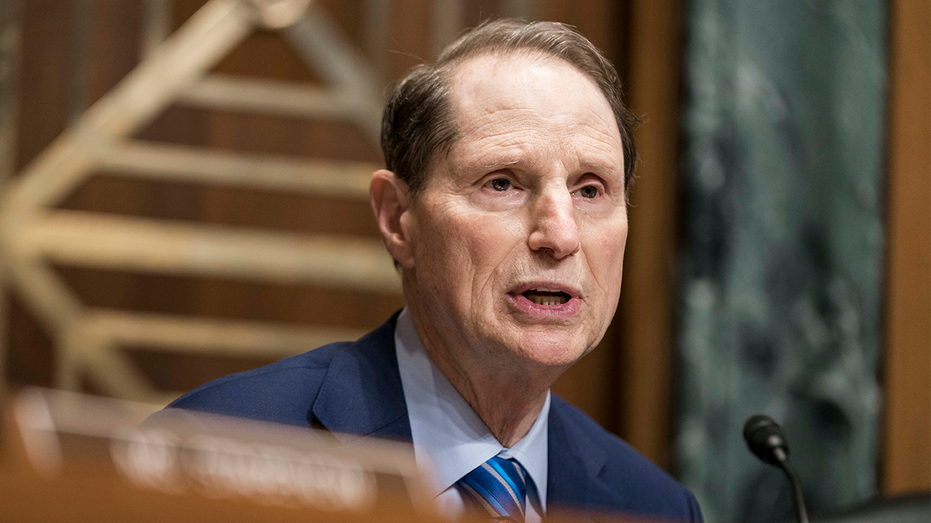Finance
Lawmakers roll out $80B bipartisan tax deal to expand child tax credit, bolster US-China competition

Congressional lawmakers are eyeing a temporary expansion of the child tax credit and a host of measures aimed at bolstering U.S. interests against China, according to the framework of a bipartisan tax deal released on Tuesday.
The $78 billion deal is the product of negotiations between House Ways and Means Committee Chairman Jason Smith, R-Mo., and Senate Finance Committee Chairman Ron Wyden, D-Ore.
“American families will benefit from this bipartisan agreement that provides greater tax relief, strengthens Main Street businesses, boosts our competitiveness with China, and creates jobs,” Smith said in a statement.
HOUSE, SENATE RELEASE BIPARTISAN AGREEMENT ON GOVERNMENT FUNDING AS SHUTDOWN DEADLINES LOOM
Wyden said in a statement, “Fifteen million kids from low-income families will be better off as a result of this plan, and given today’s miserable political climate, it’s a big deal to have this opportunity to pass pro-family policy that helps so many kids get ahead.”
He also argued that the framework’s enhancement of the low income housing tax credit will lead to more than 200,000 new affordable units being built for families in need.
STUDENT LOAN BORROWERS STRUGGLE TO KEEP UP WITH MONTHLY PAYMENTS: STUDY
The deal would temporarily include a phased-in annual increase of the child tax credit’s maximum refundable amount from $1,600 until it hits $2,000 for 2025, its final year. It would also enhance child tax credit benefits for families with multiple children.
The child tax credit was expanded during the COVID-19 pandemic, but efforts by Democrats to make those changes permanent failed in the last Congress. In a win for GOP negotiators, work requirements remain in place to qualify for the child tax credit – despite calls from the left to do away with them.

The lawmakers’ tax deal would also boost American businesses’ ability to expense research and development costs, which lawmakers believe will incentivize U.S. innovation to stay competitive with China.
Provisions to bolster U.S.-Taiwan business dealings would also help undermine China’s rapid economic growth, including easing taxation requirements on companies with operations in the U.S. and Taiwan. It comes as the U.S. works to bolster its ties with Taiwan’s globally critical semiconductor industry.
NEW FAFSA REVEAL COMES WITH COMPLICATIONS, DELAYS
The plan would also direct the White House to negotiate some form of a bilateral tax agreement with Taiwan. No tax treaty currently exists between the two governments because the U.S. does not recognize Taiwan as a sovereign nation.

Other provisions in the tax deal are aimed at cutting red tape for small businesses and providing increased tax relief for Americans dealing with the effects of natural disasters.
Wyden previously said he wanted to get the deal done by the beginning of the tax filing season on Jan. 29, but it is highly unlikely Congress will be able to coalesce around it so quickly.
Read the full article here


















